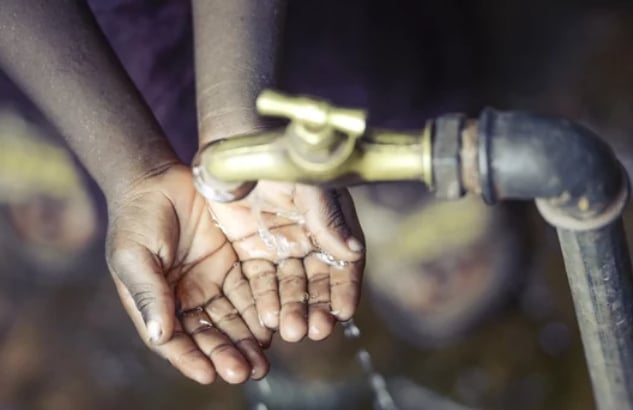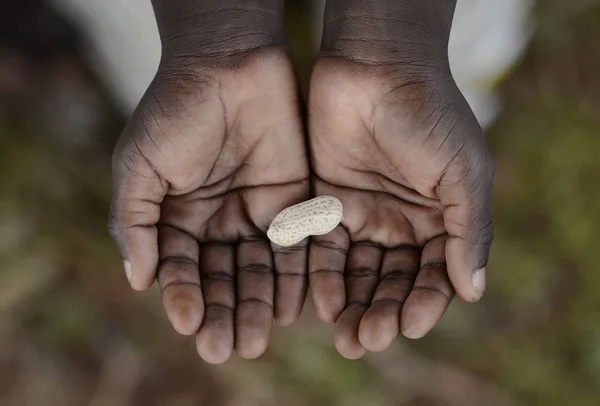Drinking water is essential for survival. But you do not just need any kind of water, you need clean, pure water that is safe for drinking. Unfortunately, most of the sources of the water we find around us has been contaminated in one way or the other, making it very unsafe for drinking. Contamination is a form of pollution where contaminants, including chemicals, including fertalisers and industrial wastes, and germs, such as from overflowing sewers, affects the quality of water from a source. This could be water from the stream, lake, well, or even a storage tank.
In Nigeria, drinking contaminated water is still an issue of serious concern. While people who reside in rural areas are at great risk of consuming contaminated water, people in urban areas also use water that has been contaminated. Many people think contaminated water can be recognised by looking at it. But water can look clean and still be contaminated. It could also have no taste or smell. That is why you should go for water that has been purified.
Drinking contaminated water can lead to many health problems, including cholera. Recently, there have been series of cholera outbreaks in different parts of the country, particularly the Northern region. This just shows how serious drinking contaminated water can be.
Today, we would be looking at some of the health effects of drinking contaminated water
1. Waterborne Diseases
There are many diseases that are spread by drinking contaminated water. Chief among them includes cholera. Cholera is caused by drinking water that has been contaminated with the bacterium Vibrio cholerae. Some of the common symptoms of cholera include diarrhoea and dehydration. In severe cases, one can experience seizures and shock. Although cholera can be cured, and quite easily too, early detection is key to stopping it, as it could lead to death in extreme cases.
Another common waterborne disease is typhoid. Some of the common symptoms of typhoid include fever, muscle aches, and fatigue. Dysentery is also another disease that can be contracted by drinking contaminated water. Other diseases include Hepatitis A, E.coli, and so on. Most of the common waterborne diseases in Nigeria are caused by drinking contaminated water.
There are a lot of diseases that can be spread by drinking contaminated water, which makes it very important that we are mindful of where we get our water from.
2. Dehydration
Dehydration is a condition of lacking water in the body. When you drink water that has been contaminated, you may end up feeling thirstier than you were before you drank the water. Dehydration is a serious problem as the body suffers when it lacks water. If one continues to consume contaminated water, they may end up suffering dehydration.
3. Gastrointestinal Problems
Gastrointestinal problems are problems that affect the intestine and other organs in the digestive system. This could lead to problems like constipation, irritable bowel syndrome (IBS), cryptosporidiosis, giardiasis, and so on.
Some other common health effects of drinking contaminated water include nausea, fatigue,
How Can You Purify Water
One of the easiest ways of purifying water is by boiling it. Heating water up to the boiling point kills most of the bacteria in water. You can also disinfect the water, using chemicals like iodine or chlorine dioxide. These chemicals would kill the contaminants in the water and make it safer for drinking. There are many other ways to make clean water at home, which you can try out.

YOU SHOULD ALSO READ:
- What Are The Health Effects of Hard Water?
- 5 Health Effects of Carbonated Drinks on the Body
- 5 Must-Know Health Effects of Junk Food
- 5 Unknown Health Effects of Eating Cold Food
- 6 Unknown Health Effects of Air Pollution in Nigeria
Collins Nwokolo is a human physiologist, writer and health enthusiast. He loves writing helpful articles on health and fitness, which he enjoys sharing with everyone.






